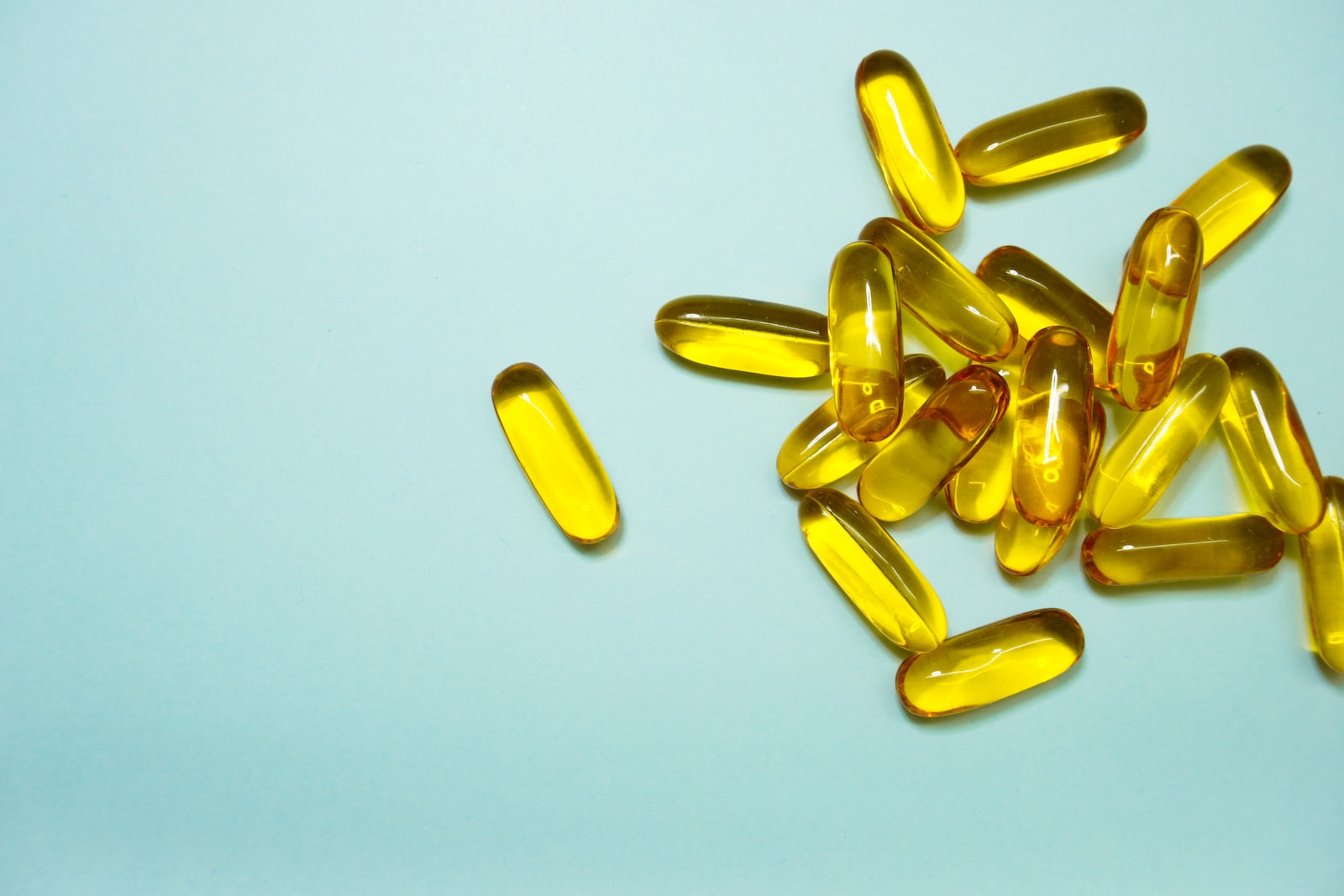Fish oil may not just be good for your heart (lowering those tricky triglycerides), but it also might be the buoy you need to lift your mood. Some studies suggest that nations with high fish consumption might just be the happiest ones out there1.
Considering the sheer number of people worldwide—around 5% of the population—sinking into the deep blue of depressive feelings, there's a pressing need for a lifeline. Enter, the humble fish oil.
Increasing clinical trials are shining a spotlight on omega-3s, touting them as a potential remedy for mood swings. 🎣 Fishing for facts? Look no further. The British Journal of Nutrition recently published a comprehensive study on the subject2.
Omega-3 What the Study Found:

Scope of the Study: The research combined the data from 67 clinical trials, where participants were a blend of those with and without mood disorders like depression, Alzheimer's disease, stress, and cognitive impairment. This massive scale allowed the study to evaluate both preventive and treatment aspects of omega-3 fatty acids.
Results: The sea of data revealed that consuming fish oil led to smoother sailing for those with depression. More explicitly, a 1-gram spike in omega-3 intake meant a significant drop in the stormy waters of depressive symptoms.
While the exact navigational routes of EPA and DHA in our brain remain mysterious, scientists speculate their benefits may be tied to promoting healthy blood flow, fortifying cell membranes, and mingling with mood-modulating molecules in the brain.
Prevention Aspect: Though people with higher fish intake typically have lower depression rates3, the trials didn't conclusively prove that loading up on omega-3s can shield you from the onset of depression.
Recommended Dosage: To net the most mental benefits, aim for a daily omega-3 dosage of 1 to 1.5 grams, aligning with recommendations for heart health. Unfortunately, most Americans are fishing in the wrong ponds and missing out on these doses.
Boosting Your Omega-3 Intake:
Dietary Approach: Dive into a diet rich in fatty fish! The American Heart Association4 suggests consuming oily fish like salmon or mackerel at least once or twice a week. A single serving (3.5-ounce) of these fish gifts you with about 250-500 milligrams of EPA and DHA.
Supplemental Approach: But if you're not keen on turning into Aquaman or Ariel with a fish-a-day diet5, you might want to consider a supplement. Top-notch fish oil supplements can provide the golden 1-1.5 grams of omega-3s.
Conclusion:
Omega-3s are crucial players in the game of mental health. Daily intake of EPA and DHA can be a beacon of hope for those lost in the stormy seas of depression. To achieve the therapeutic omega-3 levels beneficial for both the mind and heart, it's probably best to pop a supplement along with your daily multivitamin.
Dive Deeper: Check out this insightful YouTube video exploring the wonders of Omega-3s and mental health
Footnotes
-
Just a humorous note—no actual link here 😉 ↩







